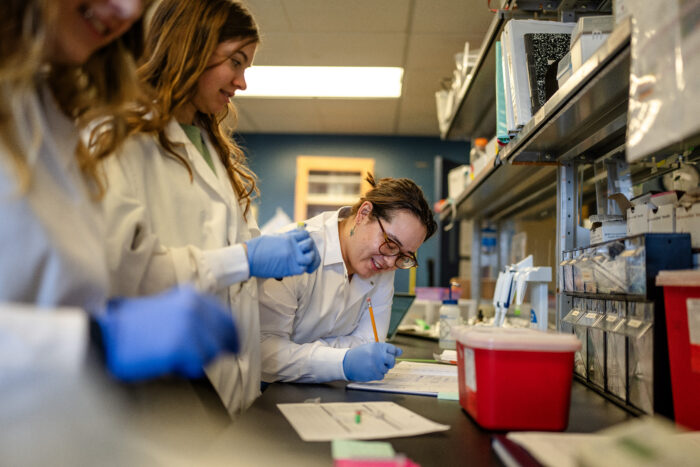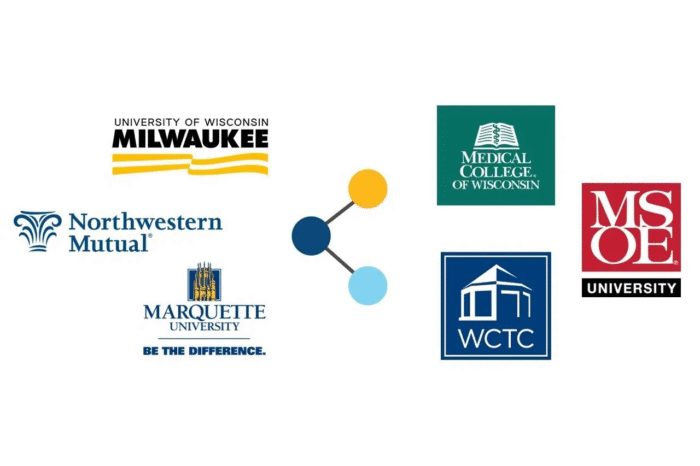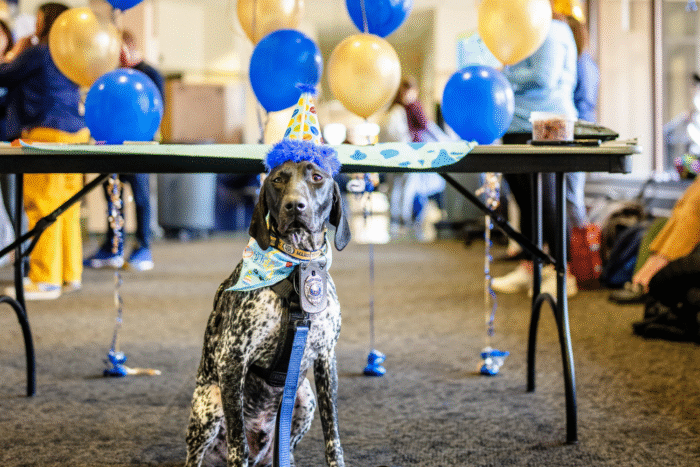Dear Marquette community,
During the past year, we have been closely following discussions around affirmative action related to the U.S. Supreme Court’s decision on whether universities can continue to consider race as a factor in college admissions. Marquette University was founded in 1881 to educate a burgeoning immigrant population, and that commitment remains paramount to how we fulfill our Catholic, Jesuit mission. Today, with 28% of our overall student body identifying as students of color and 23% as first-generation college students, we must continue our work toward greater inclusivity and belonging in our campus community.
Preparing students to lead means we must ensure their experiences and environment on campus include the diverse people and perspectives they will encounter throughout their lives. Our commitment to a diverse university community helps us to achieve excellence by promoting a culture of learning, appreciation and understanding. Creating and maintaining the culture we desire also inherently requires each person on campus to take ownership of that responsibility. We must proactively go beyond our comfort zones and seek perspectives we may not have considered before.
Today’s Supreme Court ruling
In August 2022, Marquette joined an amicus (“friend of the court”) brief with 56 other Catholic universities and colleges that urged the U.S. Supreme Court to uphold affirmative action in the two cases before them.
This morning, the U.S. Supreme Court issued its long-awaited decision in two cases involving the use of race by higher education institutions in their admissions processes. In a 6-3 decision, the Supreme Court held that using an applicant’s race as part of the admissions process violates the Equal Protection Clause in the U.S. Constitution. In short, the Supreme Court’s decision will prohibit higher education institutions from considering an applicant’s race when evaluating an individual for admission.
Knowing the Supreme Court was considering these cases, Marquette convened a multi-disciplinary team in late 2022 to plan for how potential court decisions may affect different areas of campus, including admissions, financial aid, fundraising, academic and support programs, and communications. This group will continue to meet regularly to review our policies and practices to make sure we comply with the Supreme Court’s ruling.
Marquette will continue to do everything we legally can to recruit a diverse student body that reflects the world around us and enhances the transformational education we seek to provide. This is our commitment to our current and future students, to our faculty and staff, and to the greater Milwaukee community. Improving access to a high-quality education has always been a priority for Marquette, and that will not change.
Investing in student success and personal well-being
Attracting a diverse student body is about much more than admissions decisions –– it requires an investment in student success across academics, financial support and personal well-being. Work is underway on the new Lemonis Center for Student Success, which will provide wraparound services for students across all majors, academic abilities and backgrounds to enrich and expand student opportunities. The Wellness + Recreation project will bring together services that support the physical and mental health needs of the Marquette community.
We want every student who enrolls at Marquette to stay, learn and thrive here — to truly feel they are home at Marquette.
Our collective responsibility
Each of us at Marquette has a duty to help create an inclusive, welcoming campus where everyone feels a strong sense of belonging — this cannot be the work of just certain offices and programs.
This challenging work demands that we listen earnestly and discuss honestly with one another. Be genuinely curious. Ask questions and invite the discomfort necessary for growth. The more we learn about one another, the better we will identify solutions and work toward making our campus a better place for all.
In community,
Dr. Michael R. Lovell, president
Dr. Kimo Ah Yun, provost and executive vice president for academic affairs
Dr. Chris Navia, vice president for inclusive excellence


